The Best Berberine On The Market
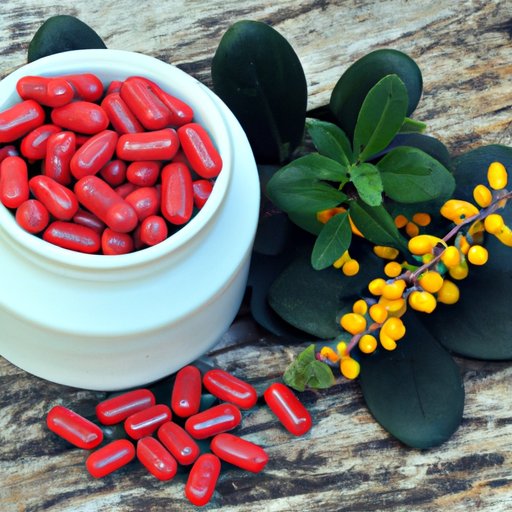
The natural supplement berberine, often hailed as a "natural Ozempic," is experiencing an unprecedented surge in popularity. This increased interest has led to a flood of products hitting the market, making it increasingly difficult for consumers to discern quality and efficacy. The stakes are high, as the potential benefits, ranging from improved blood sugar control to enhanced cardiovascular health, are significant, but so are the risks of consuming substandard or mislabeled products.
This article delves into the burgeoning berberine market, examining the key factors consumers should consider when selecting a supplement. We will analyze the crucial aspects of quality, sourcing, bioavailability, and potential side effects, drawing on expert opinions and scientific studies to provide a comprehensive guide. The aim is to equip readers with the knowledge necessary to navigate the complex landscape and choose a berberine product that is both safe and effective.
Understanding Berberine and Its Benefits
Berberine is a bioactive compound found in several plants, including goldenseal, barberry, and tree turmeric. It has a long history of use in traditional Chinese and Ayurvedic medicine, primarily for its antimicrobial and anti-inflammatory properties. Modern research has focused on its potential benefits for managing type 2 diabetes, improving heart health, and promoting weight loss.
Studies have shown that berberine can lower blood sugar levels, improve insulin sensitivity, and reduce A1c, a measure of long-term blood sugar control. A meta-analysis published in the journal Metabolism found that berberine was as effective as some common diabetes medications in lowering blood sugar. Furthermore, berberine has been shown to lower cholesterol and triglyceride levels, contributing to cardiovascular health.
Navigating the Berberine Market: Key Considerations
The current berberine market is saturated with products of varying quality. Consumers must be vigilant and prioritize several key factors when making their selection. These include sourcing, extraction methods, bioavailability, and third-party testing.
Sourcing and Extraction
The source of berberine significantly impacts its quality. Reputable manufacturers will clearly state the plant source (e.g., Berberis aristata, Coptis chinensis) on the label. Organic certification is an added assurance that the plants were grown without harmful pesticides or herbicides.
The extraction method also plays a crucial role. Look for products that use solvent-free extraction methods to avoid potential contamination. Supercritical CO2 extraction is a preferred method that preserves the purity and potency of the berberine.
Bioavailability: Enhancing Absorption
Berberine has poor bioavailability, meaning that the body doesn't absorb it easily. Several strategies can enhance its absorption, including the use of liposomal delivery systems or combining berberine with other compounds.
Some products contain piperine, a compound found in black pepper, which has been shown to increase berberine absorption. Others use advanced delivery systems like liposomes to encapsulate the berberine, protecting it from degradation in the digestive system and increasing its bioavailability. Look for products that explicitly state their enhanced bioavailability strategies.
Third-Party Testing: Ensuring Purity and Potency
Third-party testing is crucial for verifying the purity and potency of berberine supplements. Reputable companies will submit their products to independent laboratories for testing. These labs assess the product for contaminants, heavy metals, and accurate berberine content.
Look for products that have been tested and certified by organizations such as NSF International, USP (United States Pharmacopeia), or ConsumerLab.com. These certifications indicate that the product meets stringent quality standards.
Potential Side Effects and Interactions
While generally considered safe, berberine can cause side effects in some individuals. The most common side effects are gastrointestinal issues, such as nausea, diarrhea, and constipation. These side effects are typically mild and resolve on their own.
Berberine can interact with certain medications, including blood thinners and diabetes medications. It's essential to consult with a healthcare professional before taking berberine, especially if you are taking any other medications or have any underlying health conditions. Certain populations, such as pregnant or breastfeeding women, should avoid berberine altogether.
Expert Opinions and Recommendations
"The key to finding a quality berberine supplement lies in careful research and attention to detail," says Dr. Sarah Miller, a naturopathic doctor specializing in metabolic health. "Look for products that are third-party tested, clearly list the source and extraction method, and consider bioavailability enhancers. Don't be swayed by marketing hype; focus on verifiable quality."
Dr. David Chen, an endocrinologist, adds, "While berberine shows promise for managing blood sugar, it's not a substitute for a healthy lifestyle and conventional medical care. It's important to work with your doctor to determine if berberine is appropriate for you and to monitor its effects."
The Future of Berberine
Research into berberine continues to expand, exploring its potential applications beyond blood sugar control and cardiovascular health. Studies are investigating its role in managing polycystic ovary syndrome (PCOS), non-alcoholic fatty liver disease (NAFLD), and even certain types of cancer.
As the scientific understanding of berberine deepens, expect to see further advancements in formulation and delivery methods, aiming to enhance its bioavailability and efficacy. The future of berberine looks promising, but consumers must remain informed and discerning to reap its potential benefits safely.
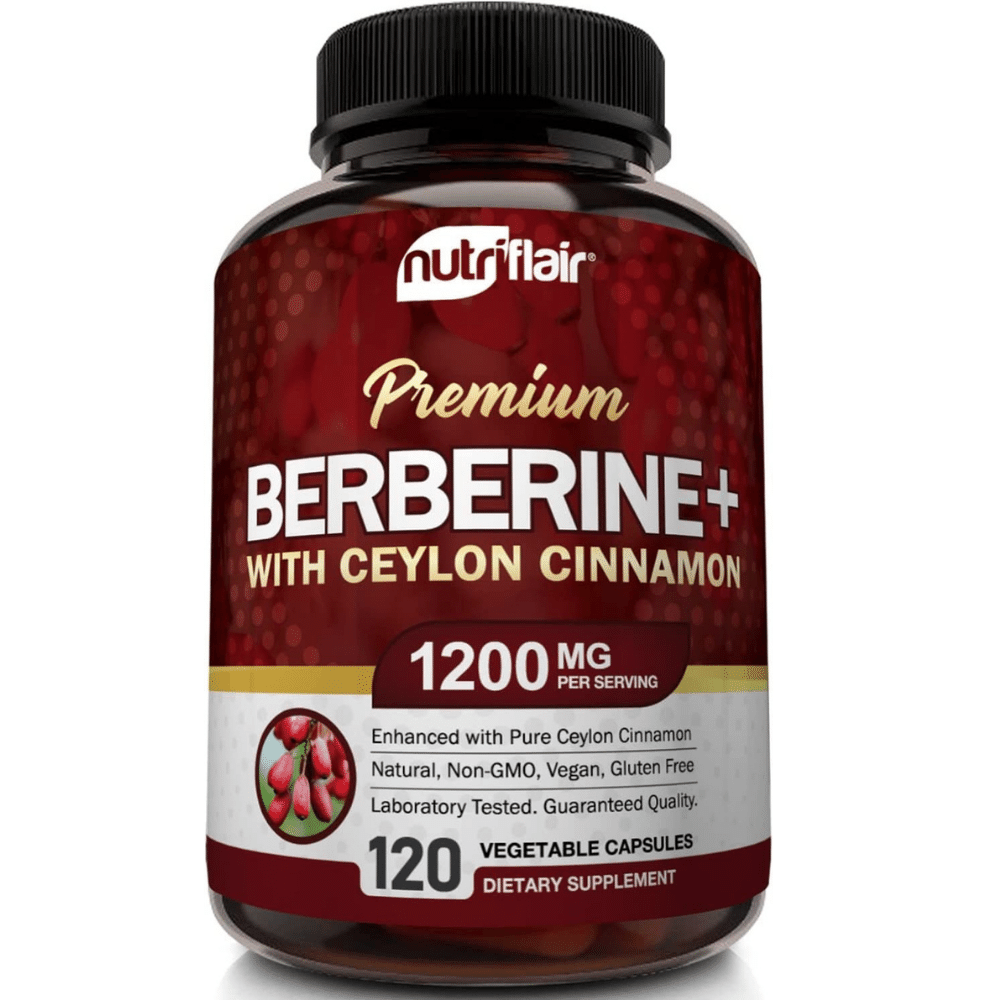
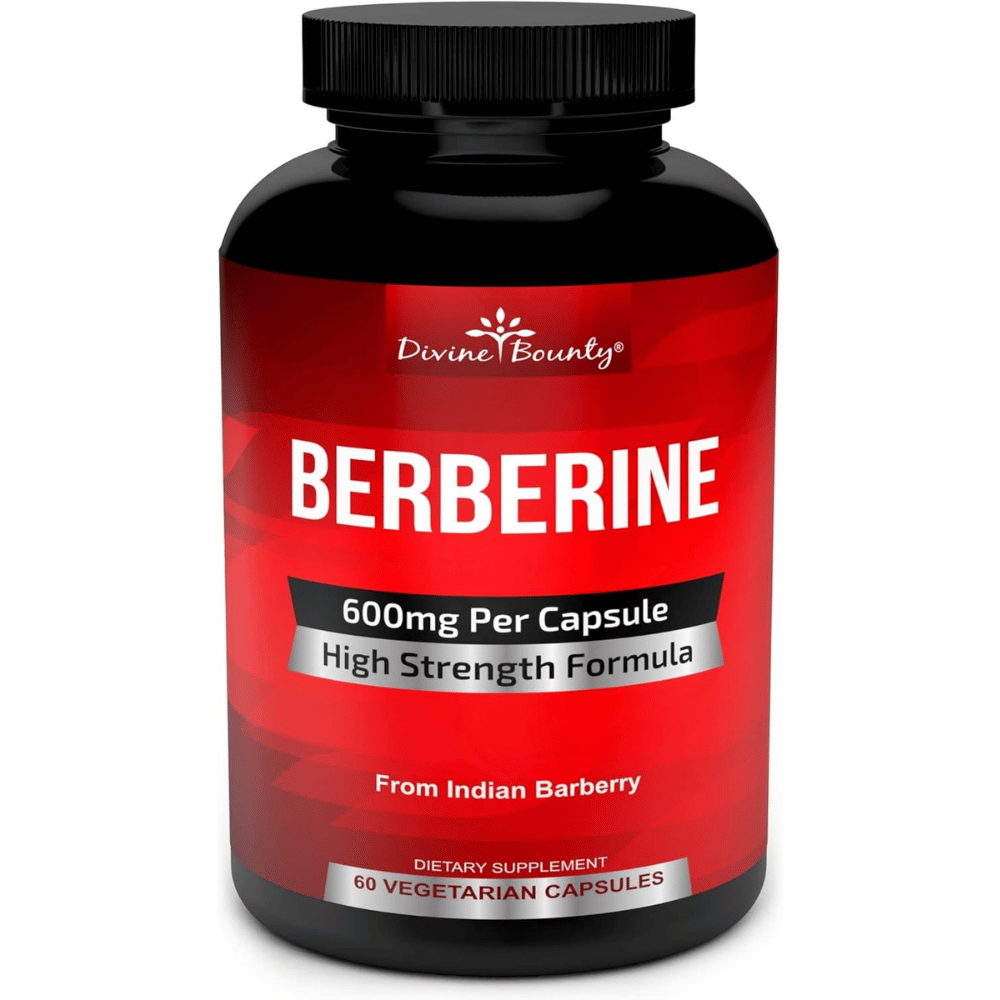
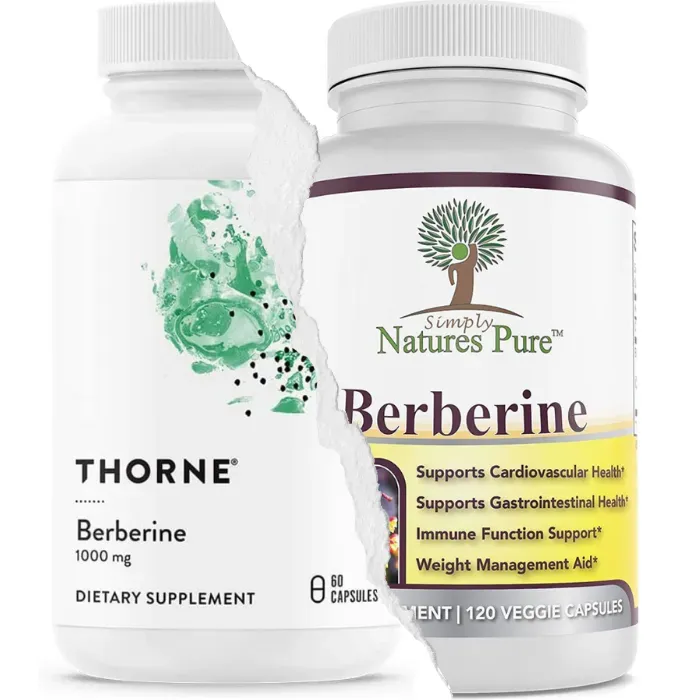
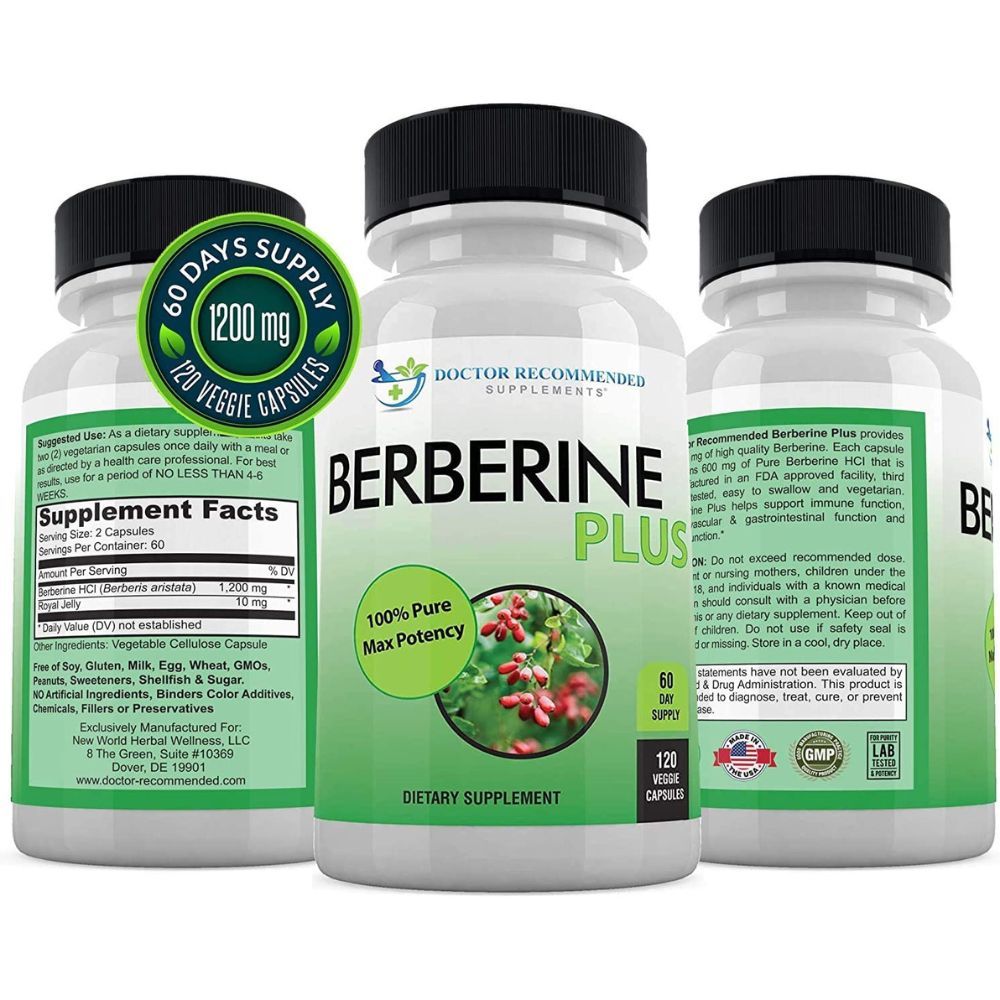
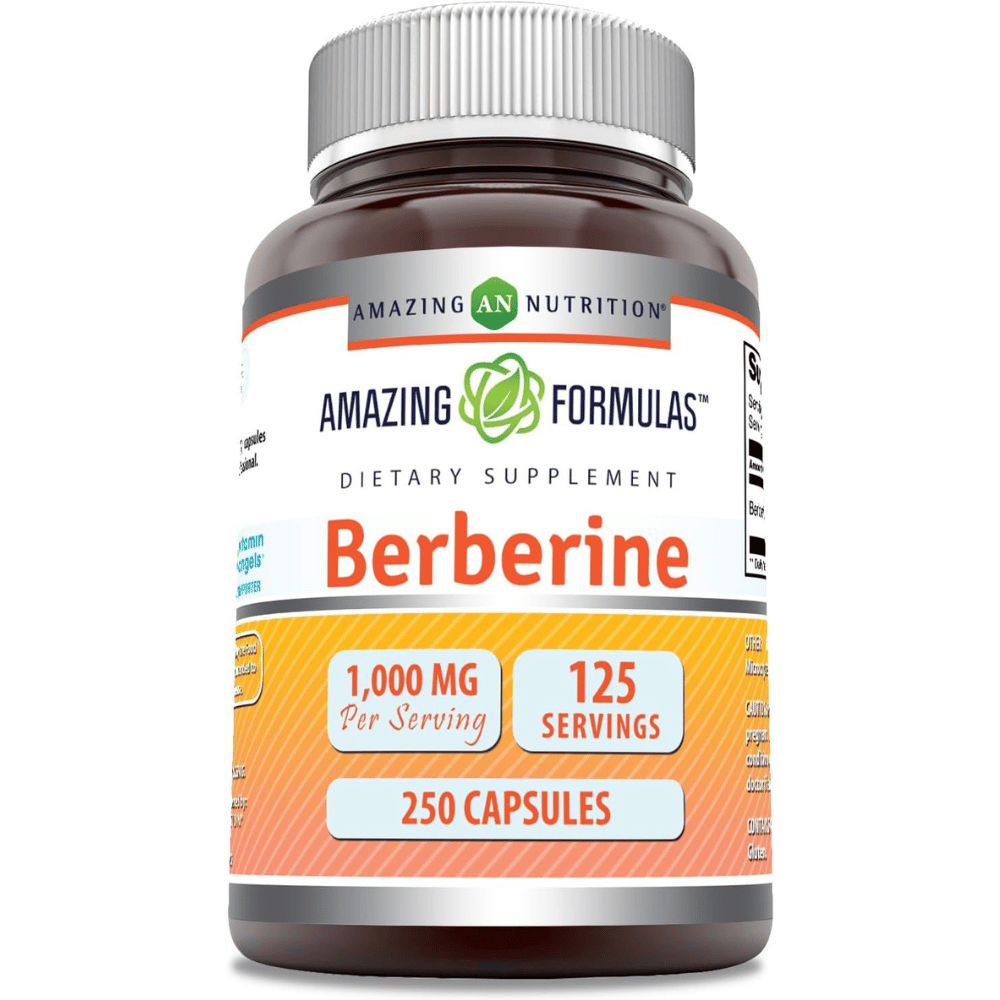

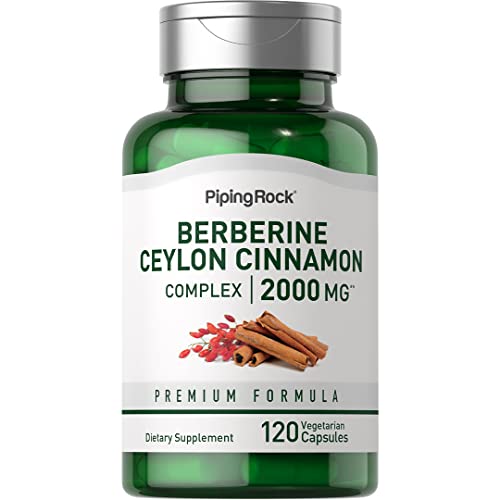



![The Best Berberine On The Market Top 5 Best Berberine Supplements For Weight Loss [year] | Kathy's Vegan](https://m.media-amazon.com/images/I/81yWTCrhRGL.jpg)




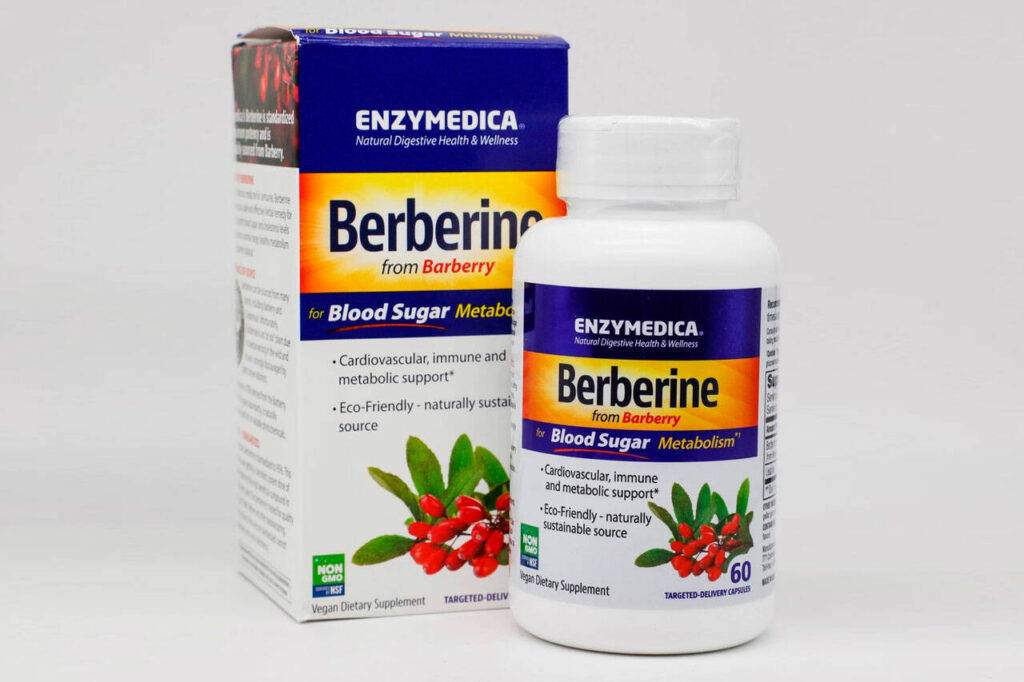
.jpg?format=1000w)

